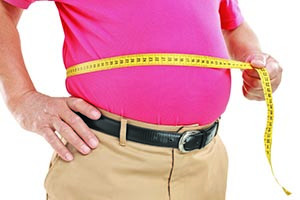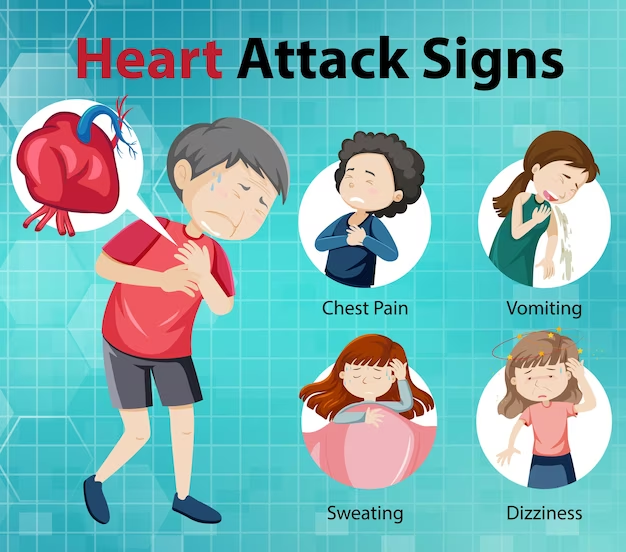Introduction:
Belly fat, also known as visceral fat, is a type of fat that accumulates around the organs in the abdomen. It is different from subcutaneous fat, which is the fat that lies just beneath the skin. Visceral fat is more harmful to health than subcutaneous fat.
Belly fat refers to fat around the abdomen. There are two types of belly fat:
- Visceral: This fat surrounds a person’s organs.
- Subcutaneous: This is fat that sits under the skin.
“It [visceral fat] is metabolically active fat and secretes different hormones than other fat,” says Dr. Kroll. “Because of its location close to the portal vein, the main vein where everything that goes through our intestines is absorbed, it has a significant effect on our metabolism.”
People can make many lifestyle and dietary changes to lose fat. Researchers looked at data from more than 15,000 people and found that those who ate the least processed foods had a lower risk of obesity, while those who ate the most had an elevated risk. he merits of plant-based diets have been particularly well researched. In one study of more than 200 dieters, those who adopted a low-fat plant-based diet for 16 weeks lost significantly more weight compared with a control group, according to results published in October 2022 in Obesity Science & Practice.
Why is belly fat more dangerous ?
- Heart attack
- high blood pressure
- asthma
- heart diseases
- stroke
- beast cancer
- colon cancer
- Diabetes type 2
- dementia
- metabolic syndrome
- non- alcoholic fatty liver disease ( NAFLD)
- osteoarthritis
- Autoimmune disease
- hormonal imbalances lead to polycystic ovarian syndrome ( PCOS)
- Reduced quality of life
Tips for losing belly fat:
Losing belly fat requires a combination of a healthy diet, regular physical activity, and lifestyle changes. Here are some tips that can help you on your journey to losing belly fat:
- Banish Midnight Snacking:
Who hasn’t found a bowl of cereal to taste better in the wee hours of the night rather than after the sun comes up? Still, it might be better to close your eating window as early in the day as is feasible for you.
“Research has shown that eating according to your body clock and natural circadian rhythms helps reduce fat storage,”
says registered dietitian Elizabeth Ward, co-author of The Menopause Diet Plan: A Natural Guide to Hormones, Health, and Happiness.
“Eating earlier in the day when your body is much better at processing food will help you control your weight. If you skew your calorie intake to later in the day, it’s going to be difficult for you to prevent weight gain.”
Choose whole foods: Opt for fruits, vegetables, lean proteins, whole grains, and healthy fats.
Control portions: Be mindful of portion sizes to avoid overeating.
Limit processed foods: Minimize consumption of sugary snacks, fast food, and highly processed foods.
Stay hydrated: Drink plenty of water throughout the day to support your metabolism and help control hunger. Protein can help control appetite and increase the feeling of fullness, which may aid in weight loss. Aim to consume at least 20 to 30 grams of protein with each meal and 10 grams of protein with each snack, recommends Ward. Include sources of lean protein such as chicken, turkey, fish, beans, lentils, tofu, and low-fat dairy products. Carefully Consider Your Carbs:
While dietary fat has gotten a bad rap over the years, it’s more likely that carbohydrates are the culprit of a growing waistline.
"There’s a general misunderstanding among people who have cholesterol problems that it’s simply through consumption of fat,”
says internist Spencer Kroll, M.D., who specializes in cholesterol and lipid diseases in his private medical practice in Marlboro, New Jersey.
“The overconsumption of carbohydrates and processed foods are the primary contributors to the accumulation of abdominal fat. I’ve spent years trying to change people’s ideas that it’s not just about ice cream and heavy cuts of meat—it’s really about carb modification.”
You don’t necessarily have to follow a low-carb eating style, but it is a good idea to reduce your consumption of simple carbs, such as fruit juice and cookies. Instead, look for carbohydrates that also come with fiber like vegetables, beans, legumes and whole grains. Aim to consume at least 25 to 30 grams of fiber a day, recommends Ward.
Cut back on sugary beverages, sweets, and processed foods high in added sugars. Read food labels to identify hidden sources of added sugars.Opt for sources of healthy fats such as avocados, nuts, seeds, and olive oil. Limit saturated and trans fats found in fried foods and fatty cuts of meat.
Engage In Cardio And Strength Training:
Exercise is a key component of
weight loss, along with belly fat reduction specifically. A mix of resistance training and aerobic activity will give you the most benefits.
- Prioritize Getting Good Sleep
“Poor sleep has been linked to the accumulation of body fat, as well as insulin resistance,” says Dr. Kroll. “Better sleep hygiene and stress reduction can help with fat loss.”Just as a bad night’s sleep can ruin your whole day, a track record of bad sleep can mess with a lot of other aspects of your life—and one of those might just be belly fat.
A study in Sleep found routinely logging less than five hours of sleep a night to be associated with a significant increase in both visceral and subcutaneous fat accumulation among adults younger than 40.Chronic stress can lead to weight gain, including in the abdominal area. Practice stress-reduction techniques such as meditation, deep breathing, and yoga.
Say No to Stress
Sustainable changes over time are key to losing belly fat and maintaining a healthy weightRapid weight loss diets are often not sustainable and can lead to muscle loss. Aim for gradual, steady progress.
- Consult a Healthcare Professional:
Before making significant changes to your diet or exercise routine, consider consulting a healthcare professional or registered dietitian for personalized guidance.












Comments
Post a Comment